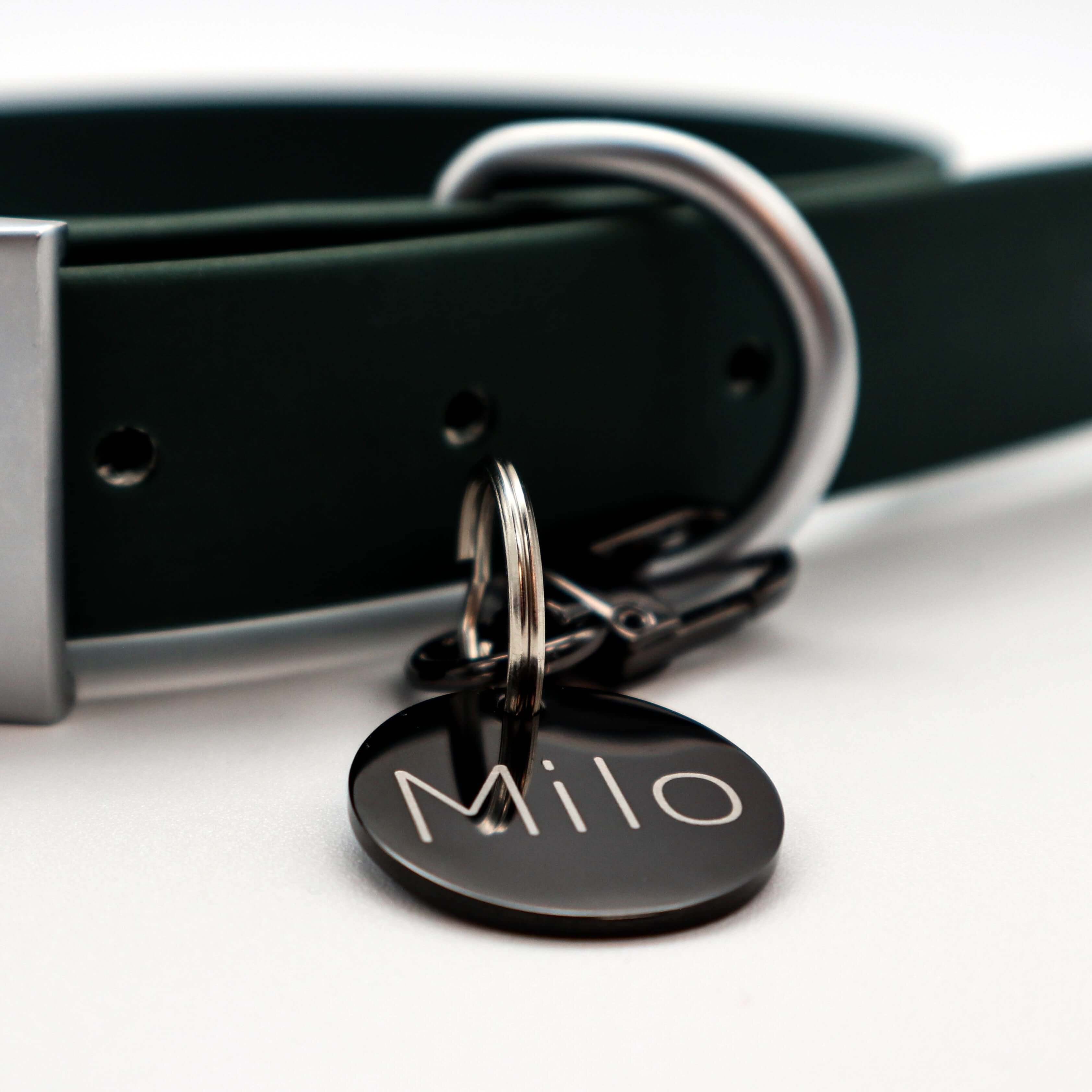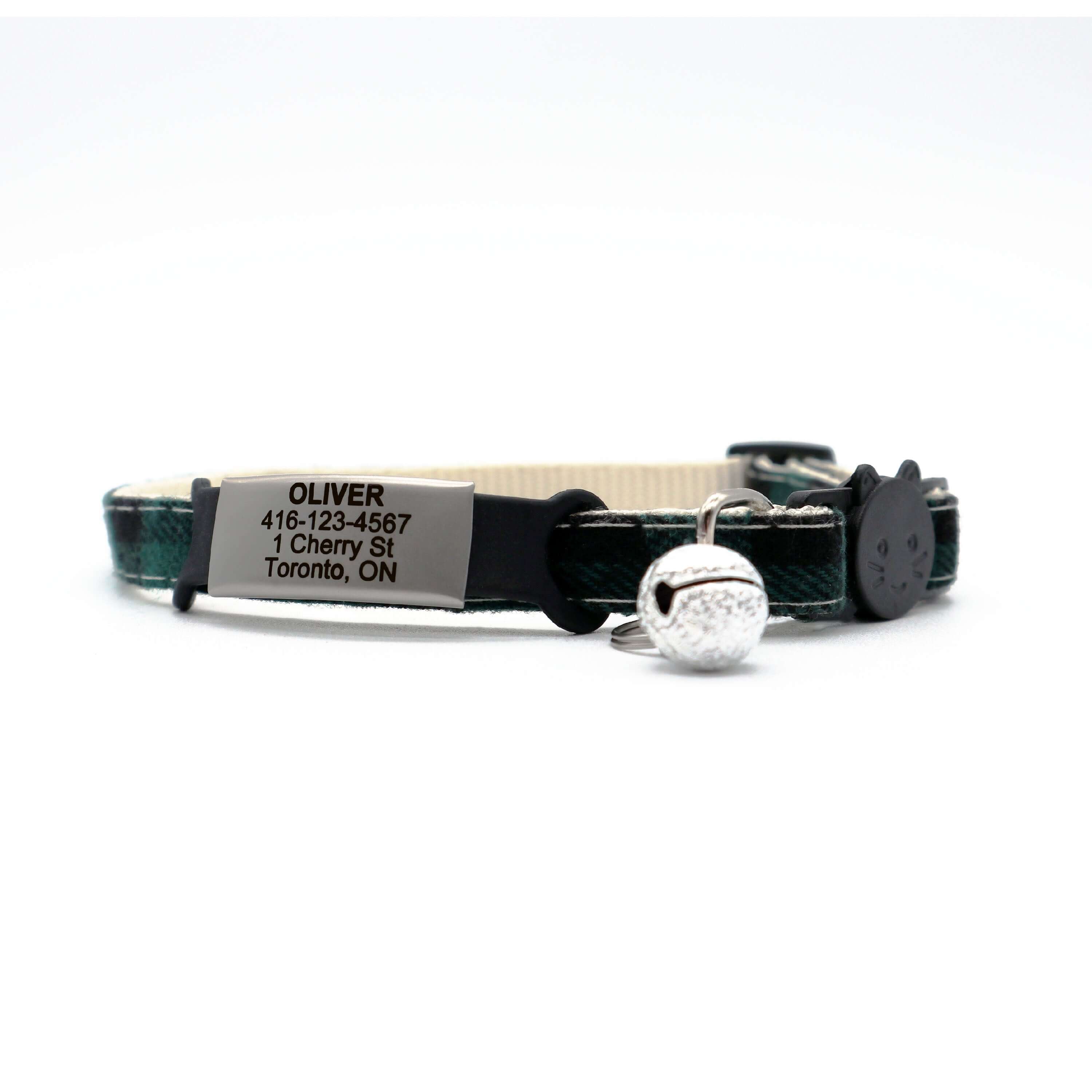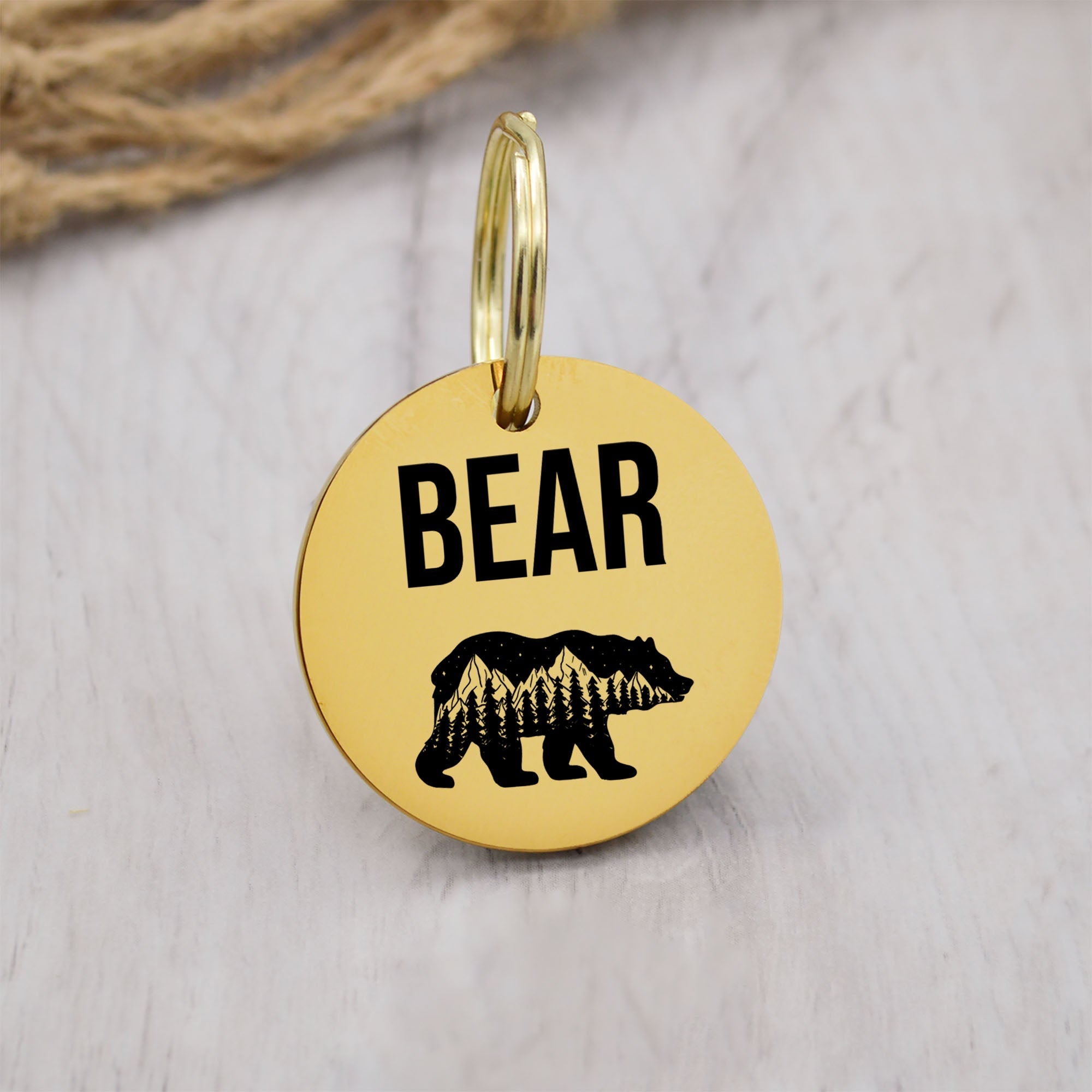It's not uncommon for pets to experience stress in various situations. Environmental changes, lack of socialization, separation from owners, loud noises, and veterinary visits can all contribute to stress in dogs and cats.
Recognizing the signs of stress in your pets is crucial to providing support. Signs of anxiety in dogs include:
- Rapid tail shaking.
- Excessive panting.
- Abnormal vocalization.
- Hiding or trying to escape.
- Aggressive or destructive behaviour.
- Disquiet.
- Loss of appetite or disinterest in usual activities.
Similarly, felines can be emotionally affected by sudden environmental or routine changes. Signs of stress in cats include:
- Changes in behaviour, such as hiding or becoming reclusive
- Marking territory with urine
- Improper scratching
- Compulsive licking
- Aggression
- Changes in eating habits, and more.
Once you can identify signs of stress in your pets, here are some valuable strategies to help them feel better:
1. Establish Routine and Safe Environments:
Maintain a stable and predictable routine for your pets, especially regarding feeding and playtimes. Create a safe and peaceful environment where they can retreat and feel protected when stressed. Avoid unnecessary changes in furniture arrangement, home renovations, or introducing new objects.
2. Gradual Socialization:
For shy or nervous dogs, gradually expose them to stimuli in a controlled and positive manner. Cats are territorial animals and can become stressed if they do not have the opportunity to socialize with other animals or people properly.
3. Provide Exercise and Enrichment:
Ensure your pets receive sufficient mental and physical stimulation. Regular walks, interactive toys, and games can help dogs release energy and reduce stress. Cats benefit from toys, scratching posts, climbing spaces, and safe hiding areas.
4. Relaxation Techniques:
Incorporate relaxation techniques such as gentle massage, calming music, or aromatherapy to help calm stressed dogs.
5. Veterinary Consultation:
If stress persists or worsens, consult a veterinarian. They can assess the situation and recommend additional measures, including behavioural therapy, supplements, or medication. Be mindful that some pets may experience stress and anxiety during veterinary visits.
6. Anti-Stress Supplements:
Explore various supplements designed to reduce fear and anxiety in pets. Calming snacks for Dogs and Cats supplements promote relaxation and well-being, supporting anxious or stressed pets. Remember that each pet may respond differently to stress reduction strategies, so observe and understand their behaviour to provide tailored assistance.
With patience, a secure environment, and love, you can effectively manage stress in your pets.




















